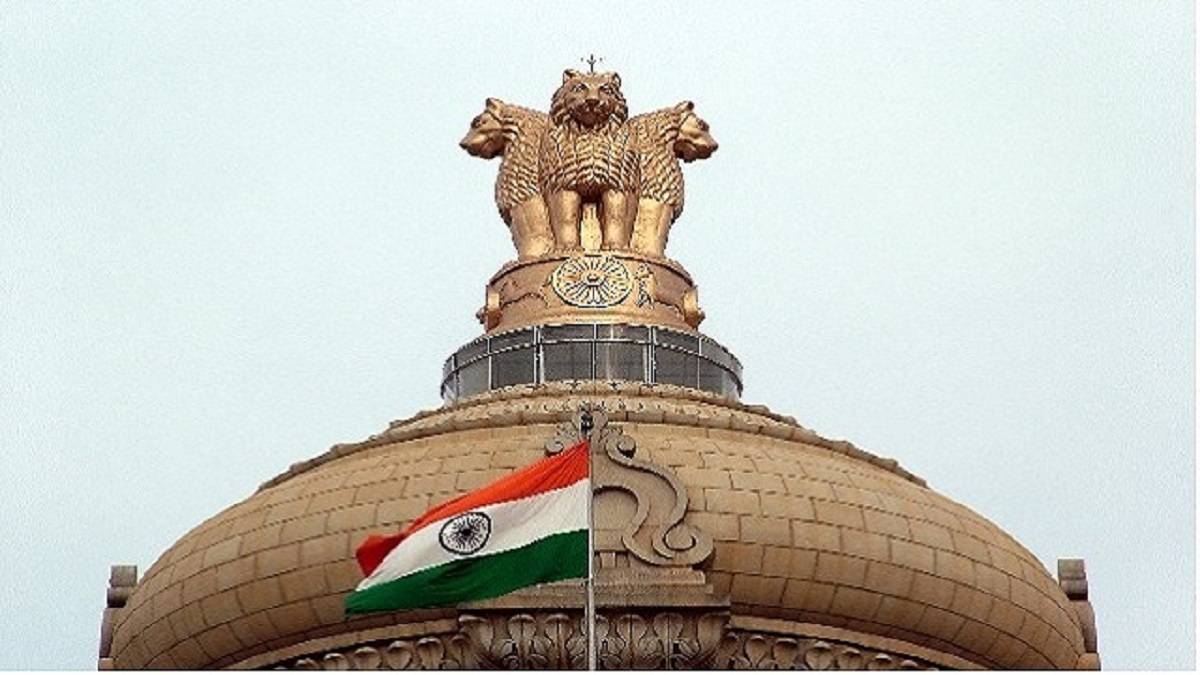
NCPCR Pushes for Online Child Safety
NCPCR Urges Social Media Platforms to Enhance Child Safety
Introduction: NCPCR’s Call to Action for Online Child Safety
The National Commission for Protection of Child Rights (NCPCR) has intensified its efforts to protect children from online dangers by engaging directly with social media platforms. In a recent meeting, the Commission discussed critical issues related to safeguarding children from harmful content and online exploitation. The meeting included major social media platforms such as Google, YouTube, Meta, X (formerly Twitter), Snapchat, Reddit, Sharechat, and Bumble.

Key Discussions: Ensuring Children’s Online Safety
The NCPCR highlighted several key areas during the discussions. These included implementing age verification mechanisms, developing tools to block child sexual abuse material (CSAM), and collaborating more effectively with law enforcement agencies. The Commission also emphasized the need for platforms to adopt strict measures for reporting online exploitation cases to the National Centre for Missing and Exploited Children (NCMEC).
The apex child rights body expressed concern over the rising threats that children face in the digital age. Social media platforms, while offering tremendous opportunities for communication and learning, are also being misused by predators and individuals sharing explicit content harmful to children.
Enhanced Safety Features: Protecting Children Online
One of the primary recommendations was the introduction of advanced safety features on all social media platforms. These features should be designed to protect children from being exposed to explicit and inappropriate content. The focus keyword, “online child safety,” remains central to NCPCR’s recommendations as the Commission seeks more robust measures for shielding minors from harm.
Mandatory KYC and Parental Consent: Strengthening Verification
To bolster online child safety, the NCPCR recommended that social media platforms adopt mandatory Know Your Customer (KYC) processes for verifying user identities. This step is essential to ensure that the users interacting on these platforms are correctly identified, making it more difficult for online predators to disguise their identities.
In addition, the Commission emphasized the importance of parental consent for minors who wish to enter into contracts or agreements on social media. Platforms should clearly indicate that parents must approve such agreements, ensuring that children are not left vulnerable to exploitation.

CSAM Reporting and Legal Obligations
A significant part of the discussion was focused on the responsibility of social media companies to detect, block, and report Child Sexual Abuse Material (CSAM). The NCPCR underscored the importance of mandatory reporting of CSAM under the Protection of Children from Sexual Offences (POCSO) Act, 2012.
To enhance online child safety, the NCPCR urged platforms to collaborate with law enforcement agencies by providing detailed reports to the NCMEC, including cases involving child pornography and other forms of child abuse. These reports should cover the period from January to June 2024, ensuring that necessary legal actions can be taken promptly.
Reporting Timeline and NCPCR Recommendations
The NCPCR followed up the meeting with a detailed letter outlining key recommendations for social media platforms. One notable suggestion was the immediate implementation of KYC processes and mandatory reporting of CSAM. The Commission asked that these platforms also implement disclaimers alerting parents to adult content that may be accessible on their services.
In a bid to ensure that all measures are swiftly put into practice, the Commission requested an Action Taken Report within seven days of issuing the letter. These steps, according to the NCPCR, will significantly boost online child safety across various platforms, offering better protection to minors from potential online threats.

Conclusion: NCPCR’s Push for Comprehensive Child Protection
The NCPCR remains steadfast in its mission to protect children from online exploitation. Through its engagement with social media platforms, the Commission is working toward a safer digital environment. Its recommendations—age verification, KYC, parental consent, and mandatory CSAM reporting—are critical steps toward ensuring online child safety and protecting minors from online predators and explicit content.
The next phase of the Commission’s plan depends on the swift action of these platforms. If implemented effectively, these measures can reshape the online landscape, making it safer for young users.
Disclaimer: The information presented in this article is based on the recommendations made by the National Commission for Protection of Child Rights (NCPCR) to improve child safety online. The suggestions are advisory in nature, and the final implementation is the responsibility of individual social media platforms.


